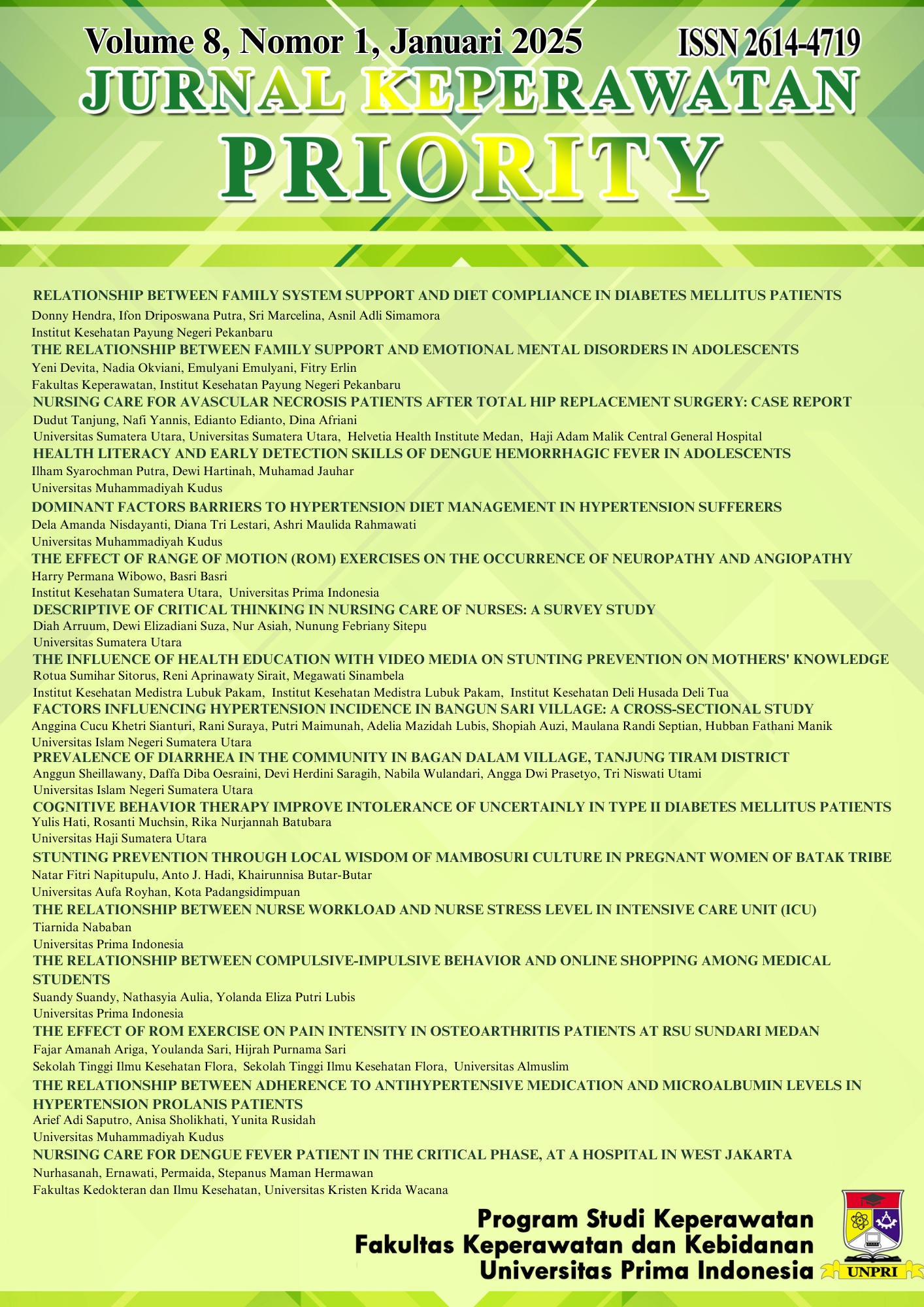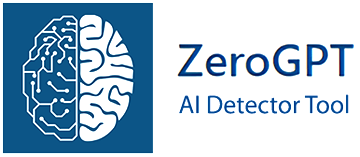Nursing Care for Dengue Fever Patient in the Critical Phase, at a Hospital in West Jakarta
DOI:
https://doi.org/10.34012/jukep.v8i1.6296Keywords:
nursing care, dengue fever, critical phase, fluid resuscitationAbstract
Dengue Haemorrhagic Fever is a disease caused by the dengue virus due to the bite of the Aedes aegypti mosquito. Patients will go through 3 phases of this disease: fever, critical, and recovery. A complication that often occurs in the critical phase is dengue shock syndrome. This case report aimed to provide an overview of nursing care for patients in the critical phase of dengue hemorrhagic fever at a private hospital in West Jakarta. Care was provided by Diploma III nursing students for 4 days using a nursing process approach that includes assessment, diagnosis, planning, implementation, and evaluation. Data was collected using interview techniques, observation, and physical and diagnostic examinations. The assessment showed that the patient was in a grade II critical phase, characterized by the appearance of petechiae on both superior extremities without a tourniquet test. The nursing problems raised were the risk of hypovolemia, the risk of bleeding, acute pain, and nausea. The interventions provided focus on preventing bleeding and fluid management. The implementation includes providing appropriate fluid resuscitation, monitoring blood hematology laboratories, and encouraging patients to rest in bed to reduce the risk of other bleeding. On the fourth day of treatment, three nursing problems were solved: the risk of bleeding, acute pain and nausea. The nursing problem that was partially resolved is the risk of hypovolemia. In conclusion, in dengue hemorrhagic patients in the critical phase, nurses need to pay primary attention to the possibility of hypovolemia even though it is not necessarily an actual problem.
Downloads
Published
How to Cite
Issue
Section
License
Copyright (c) 2025 Nurhasanah, Ernawati, Permaida, Stepanus Maman Hermawan

This work is licensed under a Creative Commons Attribution 4.0 International License.
Authors who publish their manuscripts through the Journal of Keperawatan Priority agree to the following:
- Copyright to the manuscripts of scientific papers in this Journal is held by the author.
- The author surrenders the rights when first publishing the manuscript of his scientific work and simultaneously the author grants permission / license by referring to the Creative Commons Attribution 4.0 International License to other parties to distribute his scientific work while still giving credit to the author and the Journal of Journal Keperawatan Priority as the first publication medium for the work.
- Matters relating to the non-exclusivity of the distribution of the Journal that publishes the author's scientific work can be agreed separately (for example: requests to place the work in the library of an institution or publish it as a book) with the author as one of the parties to the agreement and with credit to sJournal ofJournal Keperawatan Priority as the first publication medium for the work in question.
- Authors can and are expected to publish their work online (e.g. in a Repository or on their Organization's/Institution's website) before and during the manuscript submission process, as such efforts can increase citation exchange earlier and with a wider scope.


















